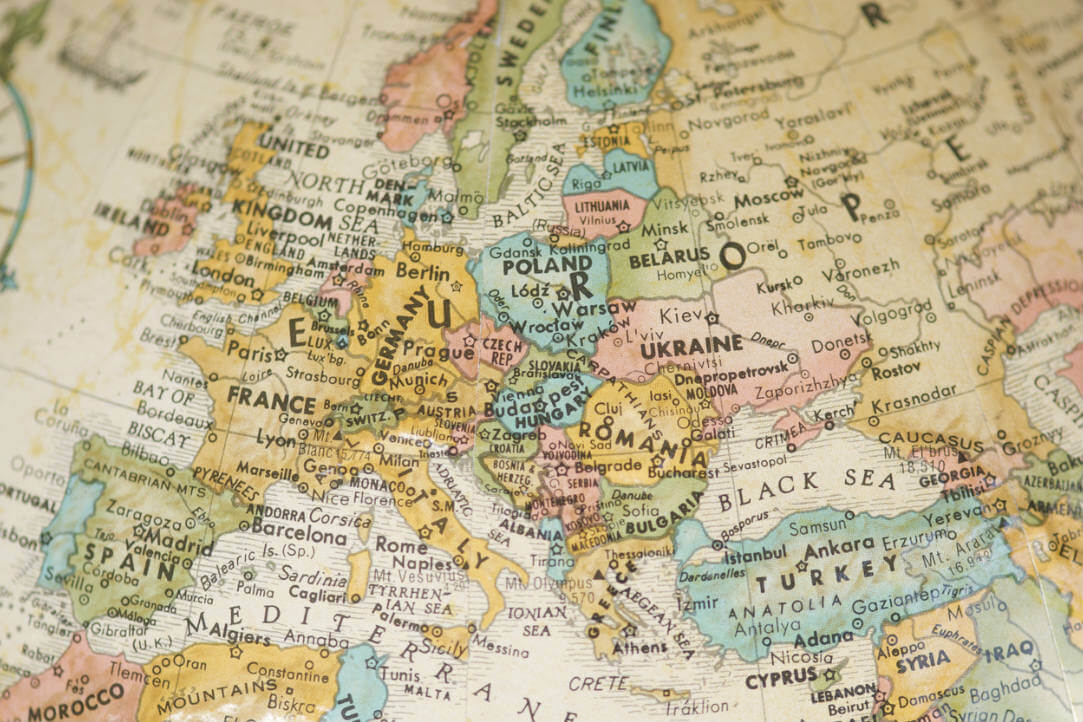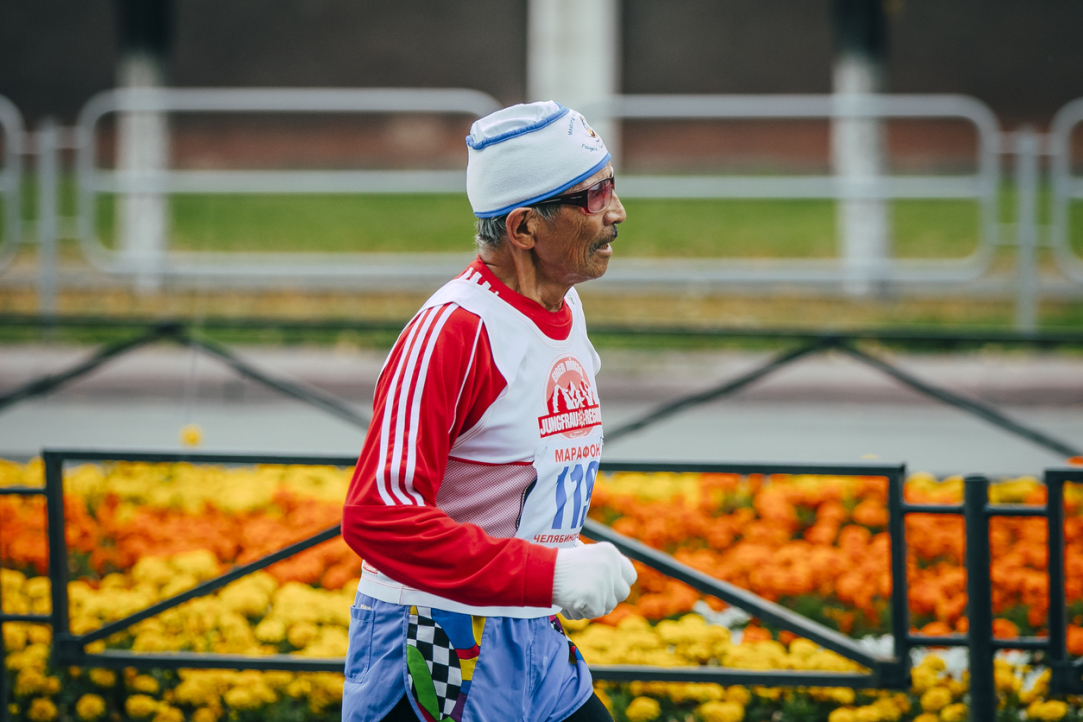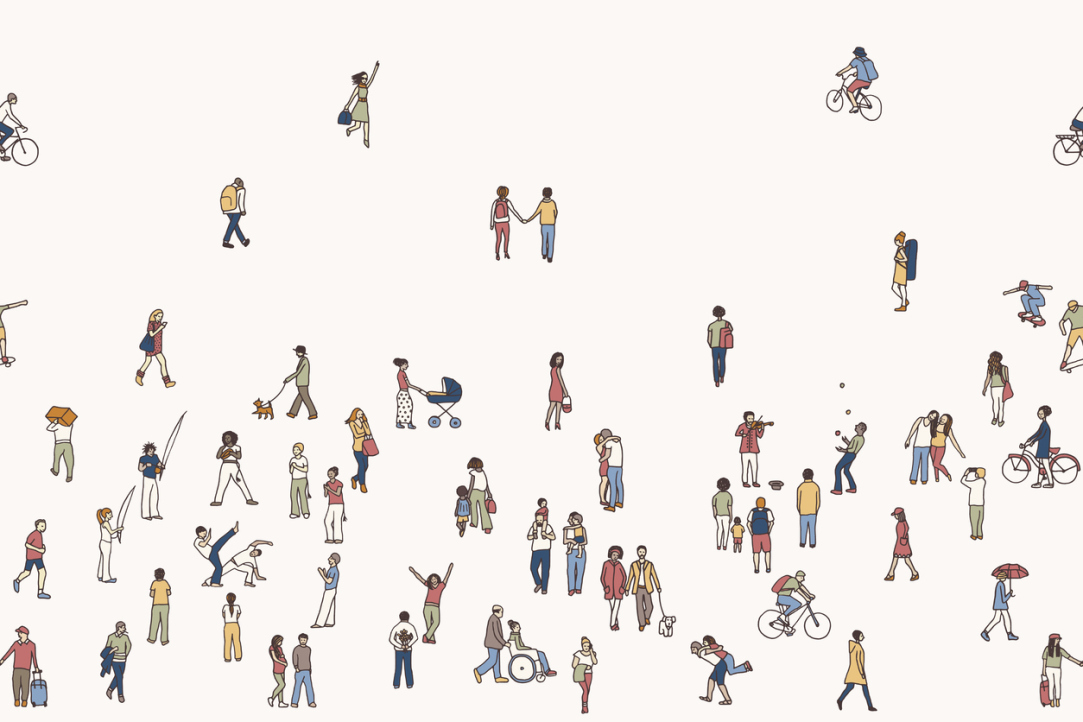
Tag "demography"

_(14766938862).jpg)
The marriage rate goes through both seasonal and annual fluctuations. In many countries, fewer people marry during leap years. Demographer Eugeny Soroko analysed this phenomenon in a report prepared for the XX International Academic Conference on Economic and Social Development hosted by the Higher School of Economics.
Experts from the Higher School of Economics have determined that the domestic migration increases the speed of wage convergence Russian Regions. Further, the impact of migration on this process depends on migrants’ education level. The results of the HSE study were published in the journal Issues in Economics (Voprosy ekonomiki).



The HSE Institute for Social Policy held an event entitled ‘Demographic Challenges of the 21st Century’ on 13 June 2017. At the event, Lauren Woodard, PhD candidate, Department of Anthropology, University of Massachusetts, presented her report ‘Politics of Return: Resettlement of Compatriots Programme in Primorsky Territory’. Here she talks to HSE News about the event, her research, and her interest in the complex issues of identity in Russia and the Former Soviet Union.
-пенсионеры на озере.jpg)
